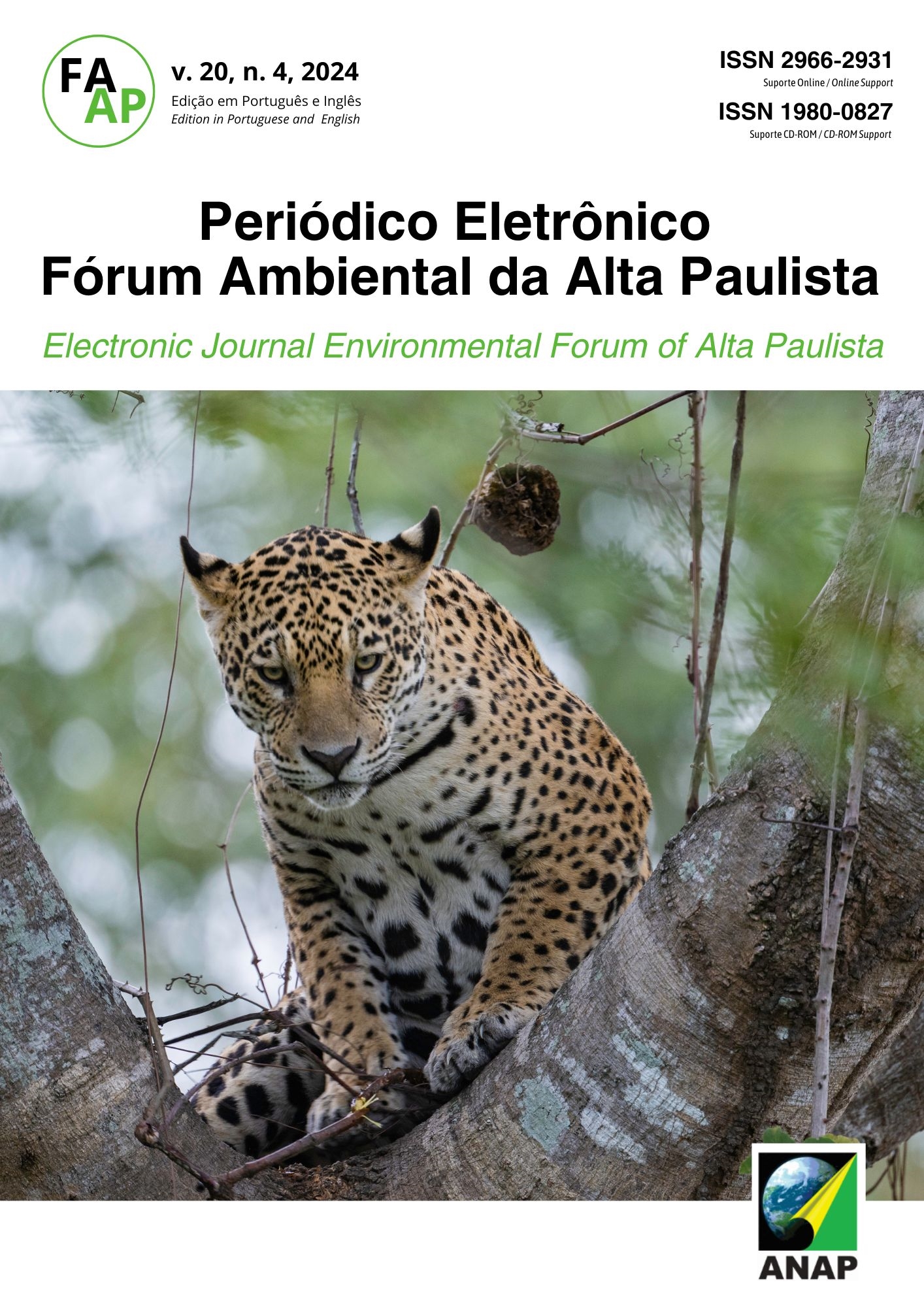Ideal City and Real City: A reflection on sustainable cities
DOI:
https://doi.org/10.17271/1980082720420244224Keywords:
The Sustainable Development Agenda, Sustainable Cities, Sustainable Development Indicators, Nature-Based SolutionsAbstract
According to UN data, the proportion of people living in urban areas has increased from 30% in 1950 to 55% in 2018. This population growth, especially in poorer countries, presents significant challenges for promoting sustainable urban development. Issues such as socio-spatial segregation, inadequate infrastructure, lack of basic sanitation, pollution and aggravated displacement are some of the challenges faced by cities. The UN's 2030 Agenda, with its Sustainable Development Goal (SDG) 11 - "Sustainable Cities and Communities," highlights the importance of making cities inclusive, safe, resilient and sustainable. This article aims to explore the challenges of territorial management in small and medium-sized municipalities in Brazil, considering the fragmentation of management spheres and the need for sustainable solutions. The interdisciplinary methodology involves a literature review, analysis of IBGE data, MapBiomas and evaluation of public policies. The systemic approach of Nature-Based Solutions (NBS) shows promise in promoting sustainable development, with the conservation/regeneration of ecosystem services as a possible complement to sustainable development strategies, providing lasting solutions to urban challenges. The quality of groundwater and surface water in river basins, as well as aspects related to the remaining fragments of native vegetation, show that many environmental problems produced in cities go beyond the limits of the urban area and even the administrative limits of municipalities. This becomes evident when mismanagement of sanitation services and land use in rural and urban areas affect ecosystem services that are essential for the quality of life of the population, the economy of municipalities and the construction of a sustainable city.
Downloads
Downloads
Published
Issue
Section
License
Copyright (c) 2024 Electronic Journal "Fórum Ambiental da Alta Paulista"

This work is licensed under a Creative Commons Attribution-NonCommercial-ShareAlike 4.0 International License.












